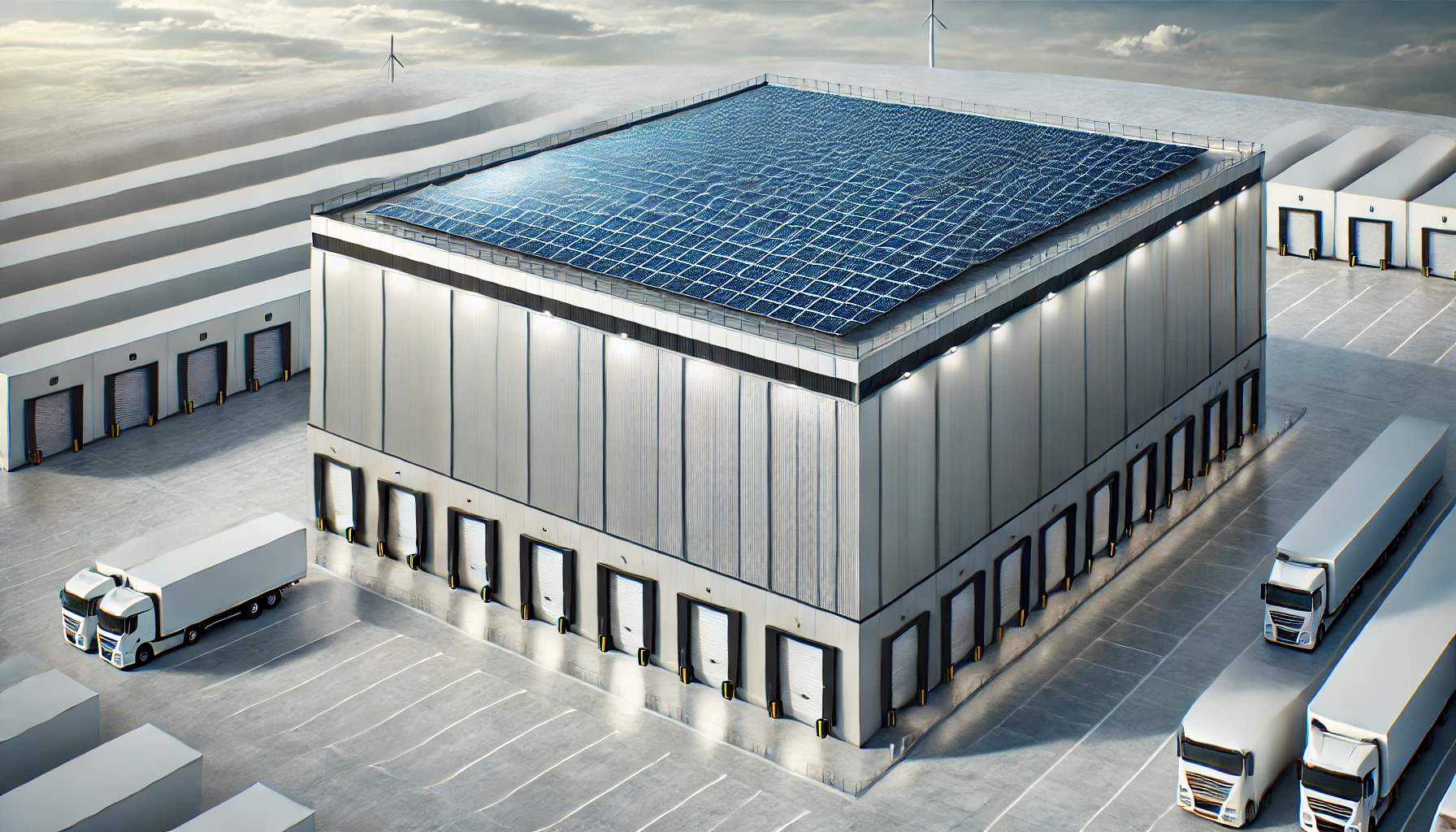As climate change alters global weather patterns, the demand for reliable cold storage systems is growing. With more extreme temperatures, businesses must ensure that their cold storage solutions are adaptable and robust enough to meet the challenges posed by a warming planet.
Adapting to Higher Temperatures
Higher ambient temperatures can place additional strain on refrigeration systems, requiring them to work harder to maintain the necessary cold environments. This can lead to increased energy consumption, higher operational costs, and a greater likelihood of equipment failure.
To address this, businesses are investing in more energy-efficient cold storage technologies, such as solar-powered refrigeration units and advanced insulation materials that minimize the impact of external temperatures.
Extreme Weather Events
The increased frequency of extreme weather events, such as heatwaves, hurricanes, and floods, poses a significant threat to cold storage facilities. Power outages during these events can lead to devastating losses, as perishables may spoil if refrigeration systems go down.
Many cold storage operators are now implementing backup generators and alternative energy sources, as well as disaster recovery plans, to ensure their operations remain resilient in the face of natural disasters.


